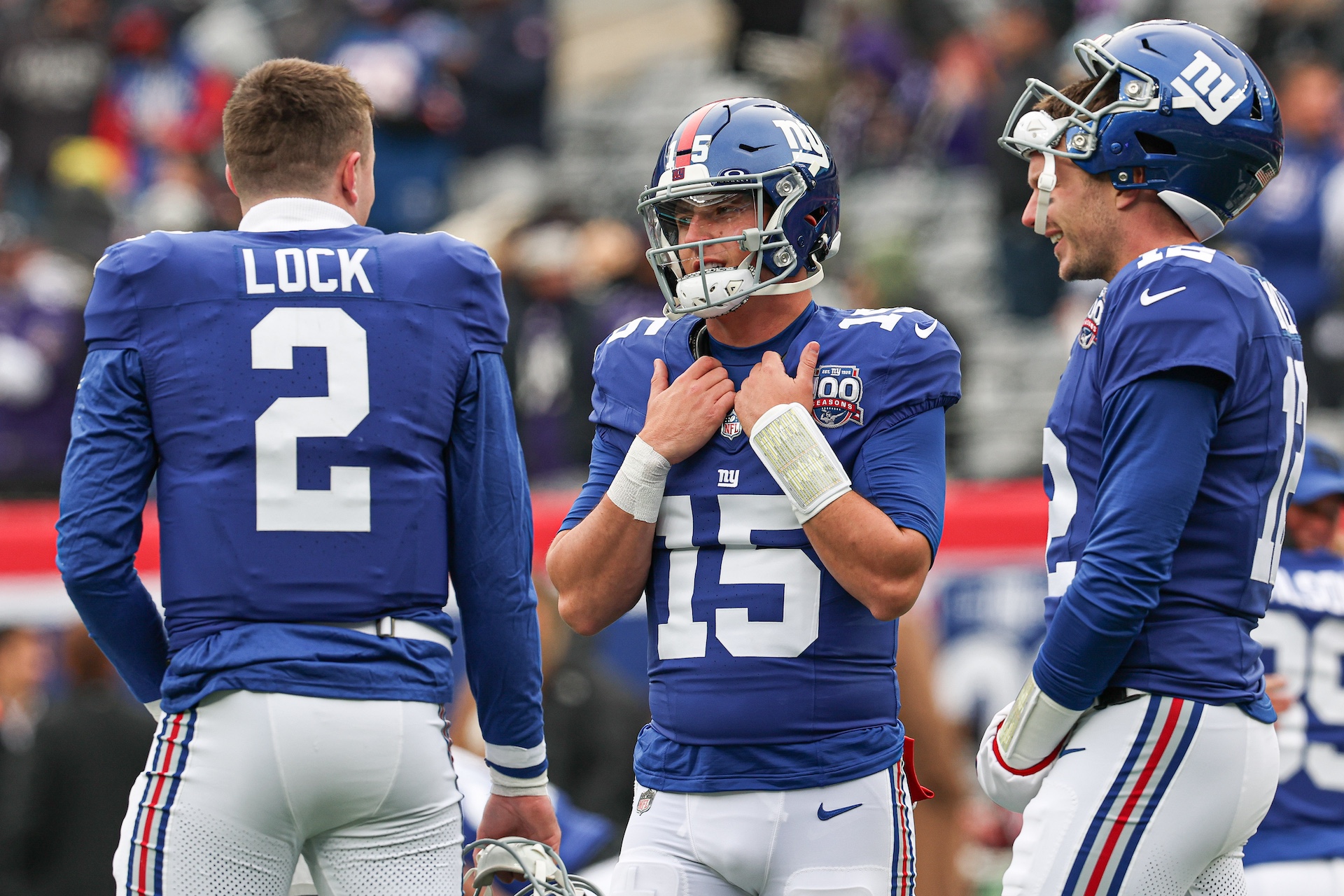Understanding Bali Belly: Causes, Prevention, And Treatment Options

Table of Contents
Causes of Bali Belly
Bali Belly, or traveler's diarrhea, is primarily caused by consuming contaminated food or water. Understanding the sources of contamination is the first step in preventing this unpleasant illness.
Contaminated Food and Water
The most common cause of Bali Belly is the ingestion of food or water contaminated with various pathogens. These include bacteria like E. coli, Salmonella, and Shigella, as well as viruses and parasites such as Giardia.
- Street food: While often delicious and tempting, street food poses a higher risk due to less stringent hygiene standards.
- Undercooked meat and seafood: Improperly cooked meat and seafood are breeding grounds for harmful bacteria. Always ensure your food is thoroughly cooked.
- Unwashed produce: Fruits and vegetables can carry pathogens if not properly washed. Thorough washing is essential, even if you plan to peel the produce.
- Ice cubes: Ice made from contaminated water can easily spread bacteria and viruses. Stick to bottled water for making ice, or avoid ice altogether.
Poor Hygiene Practices
Even with careful food and water choices, poor hygiene practices can significantly increase your risk of developing Bali Belly.
- Handwashing: Inadequate handwashing after using the toilet and before preparing or eating food is a major contributor to the spread of infection.
- Food preparation: Unhygienic food preparation methods in restaurants and street vendor stalls can easily contaminate food. Look for establishments that maintain high standards of cleanliness.
Travelers' Diarrhea in General
Beyond specific contaminants, the change of environment itself plays a role. Your immune system is not accustomed to the new bacteria present in a foreign location. This, coupled with:
- Dietary changes: A sudden shift in diet can upset your gut microbiome, making you more susceptible to infection.
- Stress: The stress of traveling can weaken your immune system.
Preventing Bali Belly
Preventing Bali Belly is far easier than treating it. By implementing the following strategies, you can significantly reduce your risk.
Food and Water Safety
- Drink bottled water only: Avoid tap water, ice made from tap water, and unpasteurized beverages.
- Choose reputable establishments: Opt for well-established restaurants with good hygiene practices, rather than smaller, less-hygienic places.
- Avoid risky foods: Steer clear of raw or undercooked meats, seafood, and eggs.
- Peel your own fruits and vegetables: Or opt for pre-packaged, peeled options to avoid potential contamination.
- Beware of salad: Salads are often made with tap water, increasing the chances of contamination.
Hygiene Practices
- Wash your hands frequently: Use soap and water, especially after using the toilet and before eating.
- Use hand sanitizer: Carry hand sanitizer and use it frequently, especially when soap and water are unavailable.
- Be mindful of what you touch: Avoid touching your face after touching potentially contaminated surfaces.
Probiotic Supplements
- Boost your gut health: Taking probiotics before, during, and after your trip can help maintain a healthy gut microbiome and improve your resistance to infection. Talk to your doctor about the right probiotic strain for you.
Treatment Options for Bali Belly
If despite your best efforts, you develop Bali Belly, prompt and appropriate treatment is crucial.
Over-the-Counter Medications
- Oral Rehydration Salts (ORS): ORS are essential for preventing dehydration, a serious complication of diarrhea.
- Loperamide (Imodium): This medication can help slow down diarrhea, but it should be used cautiously and not for severe cases. Consult a doctor first.
- Bismuth subsalicylate (Pepto-Bismol): This can help alleviate diarrhea and nausea.
When to Seek Medical Attention
While mild cases of Bali Belly often resolve on their own, seek medical attention immediately if you experience:
- Severe dehydration: Excessive thirst, dizziness, weakness.
- Bloody or black stools: This could indicate a more serious infection.
- High fever: A high fever suggests a significant infection.
- Persistent vomiting: Inability to keep down fluids leads to rapid dehydration.
- Severe abdominal pain: Intense abdominal pain warrants immediate medical attention.
Antibiotics
Antibiotics are generally not recommended for mild cases of Bali Belly, as they can disrupt your gut flora and contribute to antibiotic resistance. However, your doctor may prescribe antibiotics for severe or persistent infections.
Conclusion
Bali Belly is a common concern for travelers visiting Bali, but by understanding its causes and implementing preventive measures, you can significantly reduce your risk. Remember to prioritize food and water safety, practice good hygiene, and consider probiotic supplements. While over-the-counter medications can help manage mild symptoms, seek medical attention for severe cases. Don't let the fear of Bali Belly stop you from experiencing the beauty of Bali – be prepared and enjoy your trip! Learn more about preventing and treating Bali Belly today and plan your trip with peace of mind.

Featured Posts
-
 The Phoenician Scheme A Wes Anderson Inspired Cinematic Experience Trailer Analysis
May 28, 2025
The Phoenician Scheme A Wes Anderson Inspired Cinematic Experience Trailer Analysis
May 28, 2025 -
 Ipswich Towns Bournemouth Trip Latest Injury Report
May 28, 2025
Ipswich Towns Bournemouth Trip Latest Injury Report
May 28, 2025 -
 Liverpool Transfer News Advanced Talks Signal Stars Exit Replacement Sought
May 28, 2025
Liverpool Transfer News Advanced Talks Signal Stars Exit Replacement Sought
May 28, 2025 -
 Oleh Oleh Khas Bali Rekomendasi 8 Rasa Unik Di Luar Pie Susu
May 28, 2025
Oleh Oleh Khas Bali Rekomendasi 8 Rasa Unik Di Luar Pie Susu
May 28, 2025 -
 Fenerbahce Ye Transfer Cagrisi Danimarka Dan Ronaldo Ya Seslenis
May 28, 2025
Fenerbahce Ye Transfer Cagrisi Danimarka Dan Ronaldo Ya Seslenis
May 28, 2025
